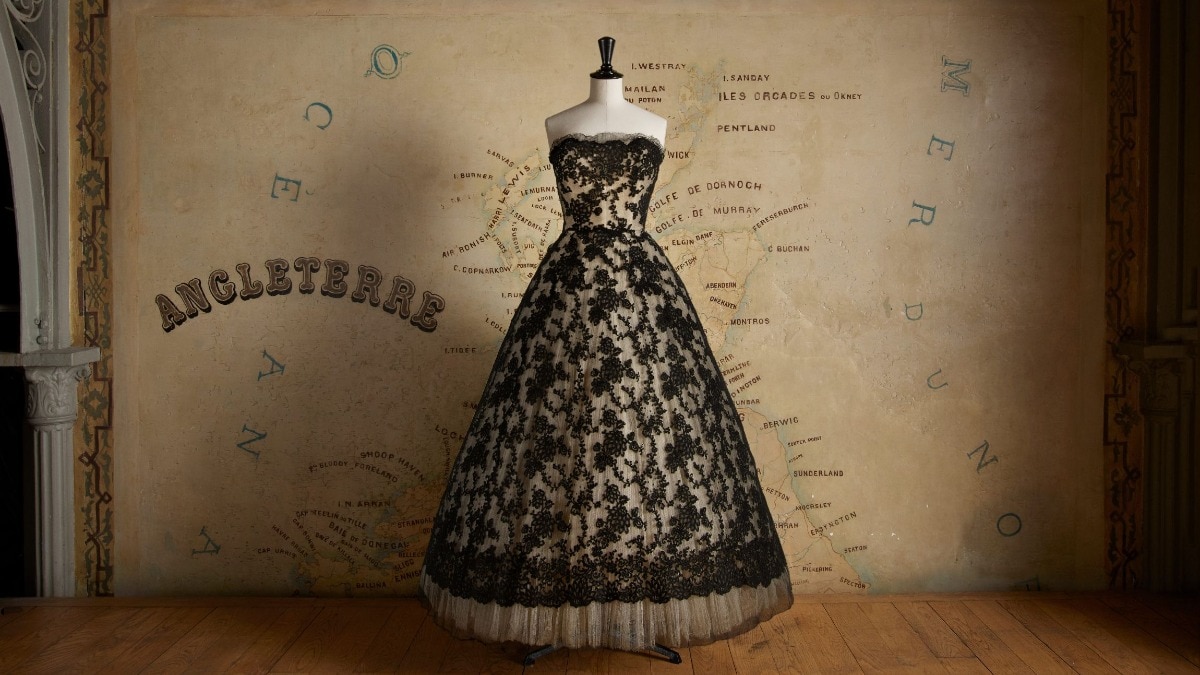Why do sad songs make us feel better?
Nothing hits quite like Adele!


A few days ago, I was driving home with my Spotify playlist on ‘shuffle’ when all of a sudden Taylor Swift’s White Horse started playing. I sang every lyric and hit every note (at least in my head I did). A few songs later, When You’re Gone by Avril Lavigne came on and it almost had me in tears. These are songs that I haven’t heard since my iPod days and yet, I sang them at the top of my lungs like they were my personal anthem. Of course, this earned me some very puzzling looks from people on the road but I was in the zone. I felt the emotion (and some adrenaline) coursing through my veins that had me queuing up the saddest Bollywood songs for the rest of the drive. And you know if there is anyone who knows their melancholic music, it’s our beloved entertainment industry.
This got me thinking though—what is it about sad songs that make us feel happier and comforted? It’s paradoxical. No one enjoys being sad but we do enjoy songs (or any other form of art for that matter) that put us in a sorrowful mood. I wish I could just ask Adele or Taylor Swift; since they’ve broken records and practically built their skyrocketing careers around this phenomenon, they might have an answer, right? Alas, I can’t do that, so I decided to do some research.
The paradoxical effect of sad songs
A study published in the Journal of Aesthetic Education suggests that while listening to sad music can certainly make people feel blue, it can also impact a person’s mood positively and allow them to feel a sense of connectedness and nostalgia.
Think about it this way—sad songs act as a crutch or a friend who is singing about everything you’re feeling or once felt. These create a safe space for us to be vulnerable and express difficult feelings without the fear of being judged or feeling too exposed. Basically, a good sad song makes you feel like you’re not alone, whether you’re going through a rough phase in life or just thinking back to it.
And this is especially true if you’re someone who stuffs your emotions in some dingy corner of your mind until you can’t anymore. Listening to and singing along sad songs provides a cathartic release which helps you process negative feelings in a healthier way, giving you at least temporary relief. A study done at the University of Limerick found that sad songs help with reliving and processing feelings better before moving on.
However, as we established above, you don’t have to be in the throes of heartbreak or grief for sad songs to resonate with you. Adele’s Someone Like You will hit you just as hard regardless. Such is the power of these songs. They are powerful triggers and can take you on a nostalgic trip down memory lane.
Let me give you an instance—back in college, your first boyfriend broke up with you leaving you severely hurt and you played Breakeven by The Script on repeat. Years later, if you happen to hear it by chance, it will take you straight to that phase. Only this time, since you’ve moved on, it will leave you smiling about that time in your life.
The biological reason
We explored the psychological reasons, but there is also a biological reason for why sad songs make us feel better even when we aren’t sad. You see, when you listen to somber music, it tricks our brains into thinking we are experiencing some sort of pain. To shield us from the impact, our brain releases a hormone called prolactin. However, when the trauma doesn’t occur, the prolactin that is just hanging out calms your nerves and leaves you with a calming feeling.
The bottom line is that sometimes we all need a good cry to gain some clarity. So, keep the sad songs going!










